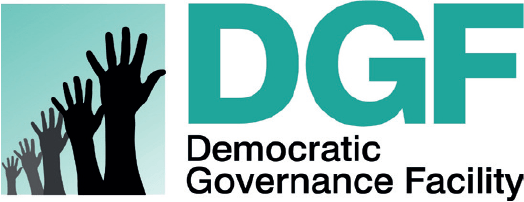Enhancing resilience and recovery among war victims
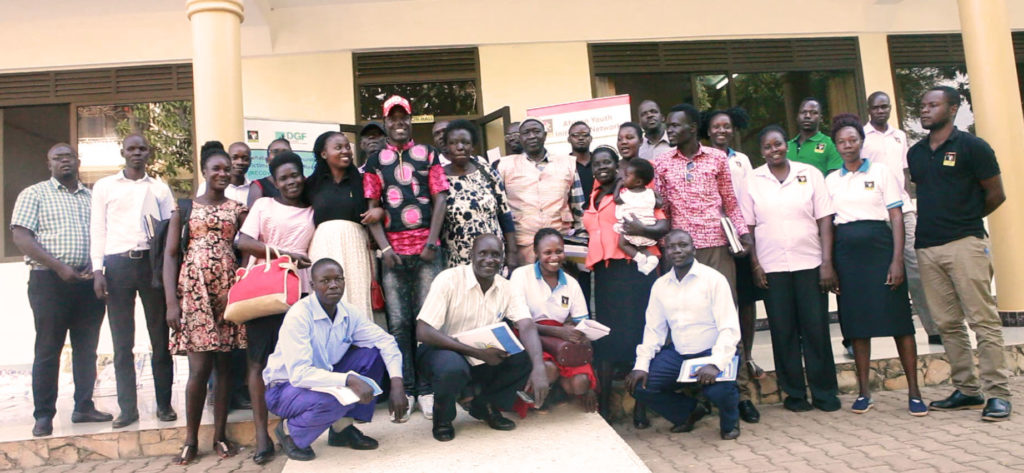
On 18th February 2020, AYINET organised a one day annual stakeholders meeting at Margaritha Hotel in Lira Uganda. The meeting had representation from victims’ communities, Government leadership, Civil Society Organisations and cultural, religious and opinion leaders from the greater northern region of Uganda; Teso, Lango, Acholi and WestNile sub regions, all of whom play big roles in the healing, recovery and reconciliation of communities that suffered over 2 decade LRA war besides other grave human rights violations that have stained the history of post independent Uganda.
The RECOVER II program being implemented with support from the Democratic Governance Facility seeks to enhance resilience and recovery among war victims through enabling healing and community’s participation in Transitional justice processes in greater Northern Uganda. AYINET has provided both surgical rehabilitation and psychosocial support to 3400 war victims over the last 2 years to improve physical and mental health of war affected communities.
To holistically address the legacies of gross human rights violations from a war that was characterized by mutilations, child soldiers and forced recruitment, AYINET works to promote inter – ethnic and inter-generational harmony and tolerance with improved rights of women and men, under the transitional justice framework. Through community outreaches and engagements, radio talkshows, resilience fairs and public dialogues, AYINET continues to advocate and contribute to the restoration of peace and dignity for war survivors.
The aim of the engagement was to assess program performance and consolidate approaches to maximise the impact of the intervention;
Beneficiaries shared their healing experiences with participants; There were frequent uninterrupted moments of silence as survivors narrated their ordeals and suffering as results of abduction, captivity and grave injuries. A particular instance was where ‘Achola – not real names’ who had a surgery to remove two embedded bullets her right leg and lower back in July 2019, broke down talking about trying to protect her baby while she was shot at and captured by the LRA rebels 15 years back.
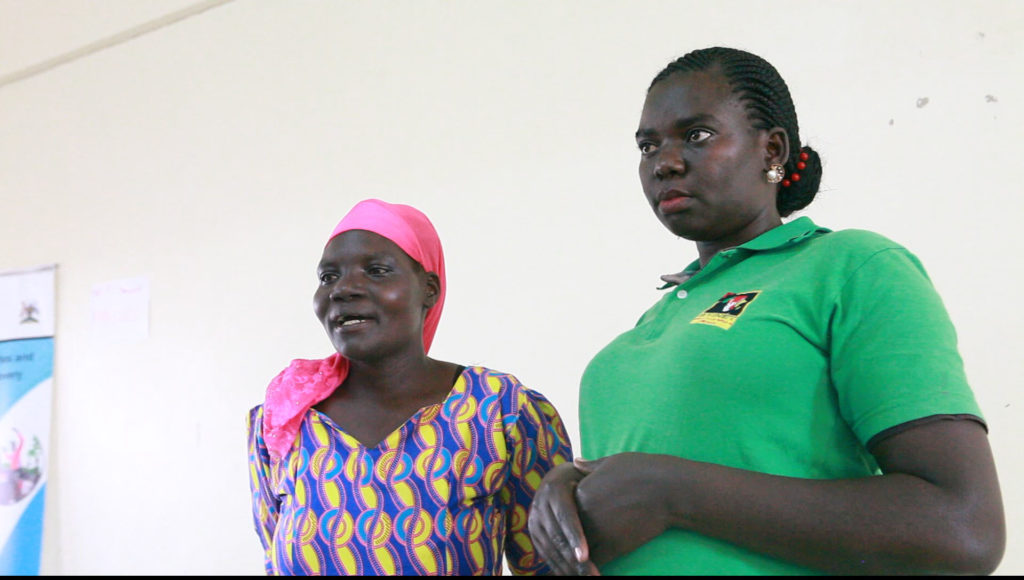
A beneficiary shares with the participants with Judith Amongi, the psychotherapist interpreting her story to cater for the cultural diversity.
The victims’ representatives appreciated the interventions and continue to hope for project continuation to support many war victims that are still suffering physical injuries and trauma across the regions. There is an urgent need for the adoption and implementation of the TJ policy that would form a much needed framework for delivery of justice.
John Ochola, a war survivor shares his journey of torture, recovery to working with AYINET as a Counsellor
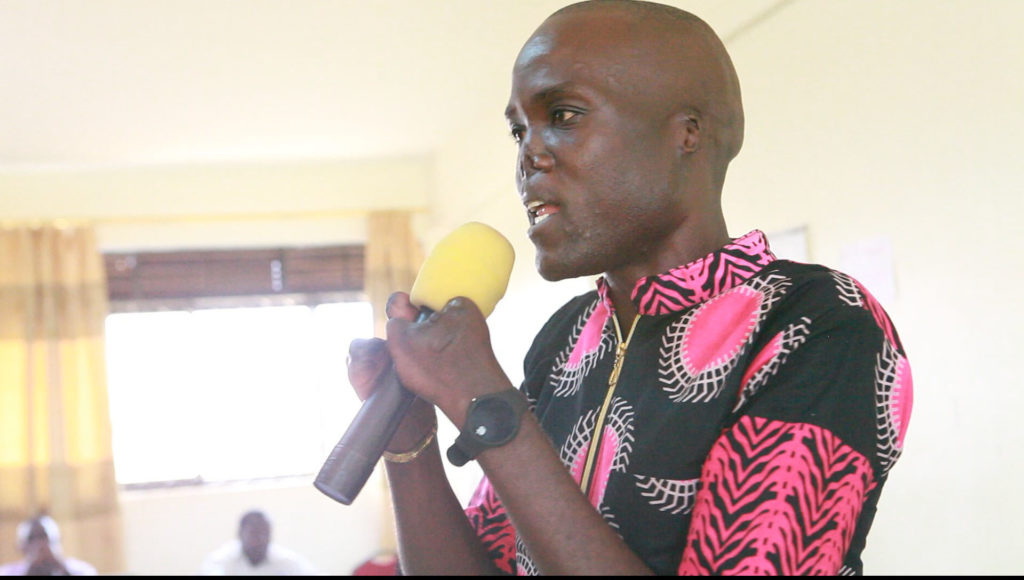
Can. Rev. Solomon from Moyo acknowledged and appreciated AYINETs interventions in Moyo that has helped youth cope up from behavorial challenges like excessive drug consumption and reduced sexual and gender based violence.
Recommendations from the deliberations include the need for the relevant actors to strengthening traditional and cultural institutions that have mechanisms of facilitating truth telling, forgiveness and reconciliation to address the challenges of delayed justice as Dr. Bhoka, DHO(District Health Officer) Adjumani states, “Justice delayed is justice denied, People should stop pointing fingers on the government as the perpetrators include people in our communities and institutions.”
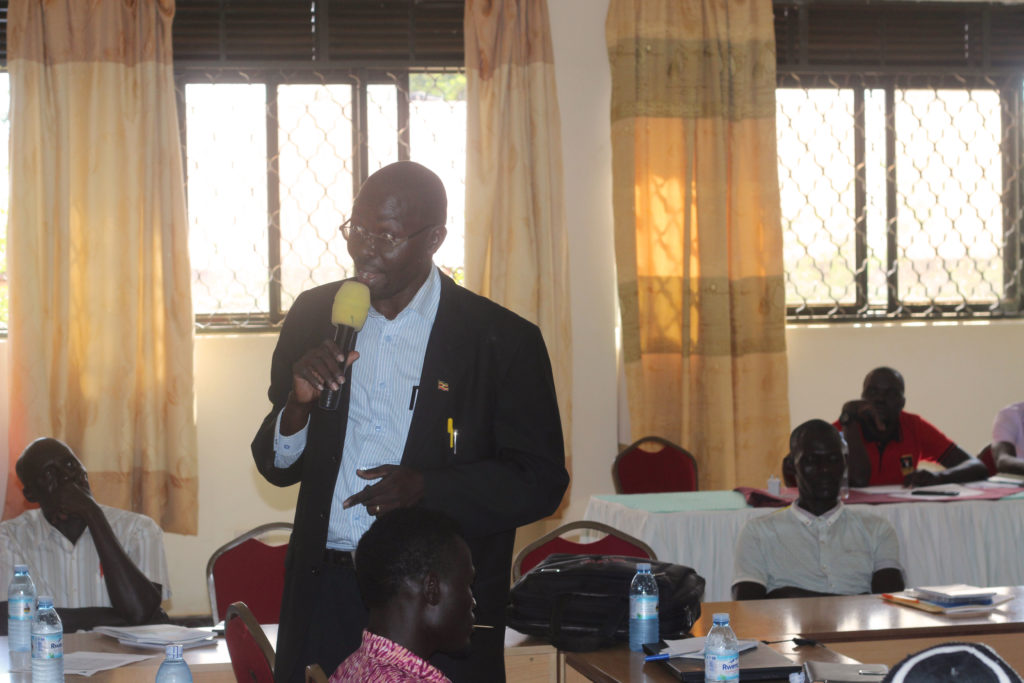
Dr. Bhoka, the DHO Adjumani district on Government contributions to health care and complementarity of AYINET’s intervention
Justice, Law and Order Sector, represented by UHRC Lira shared updates on Transitional justice policy emphasizing the need for data and documentation of gross human rights violations to aid the mapping and identification of victims families in order to facilitate key restorative justice components of accountability, reparations and national reconciliation.
Victor OCHEN, the Executive Director AYINET appreciated the partners always supporting and guiding AYINET’s interventions;
“We as AYINET have important long term programs, which among others involves building a permanent infrastructure for peacebuilding in Africa – the African Peace Academy in northern Uganda. We will need your support, need your guidance and wisdoms as we engage in this efforts for lasting peace in Uganda and Africa.” Victor Ochen.

